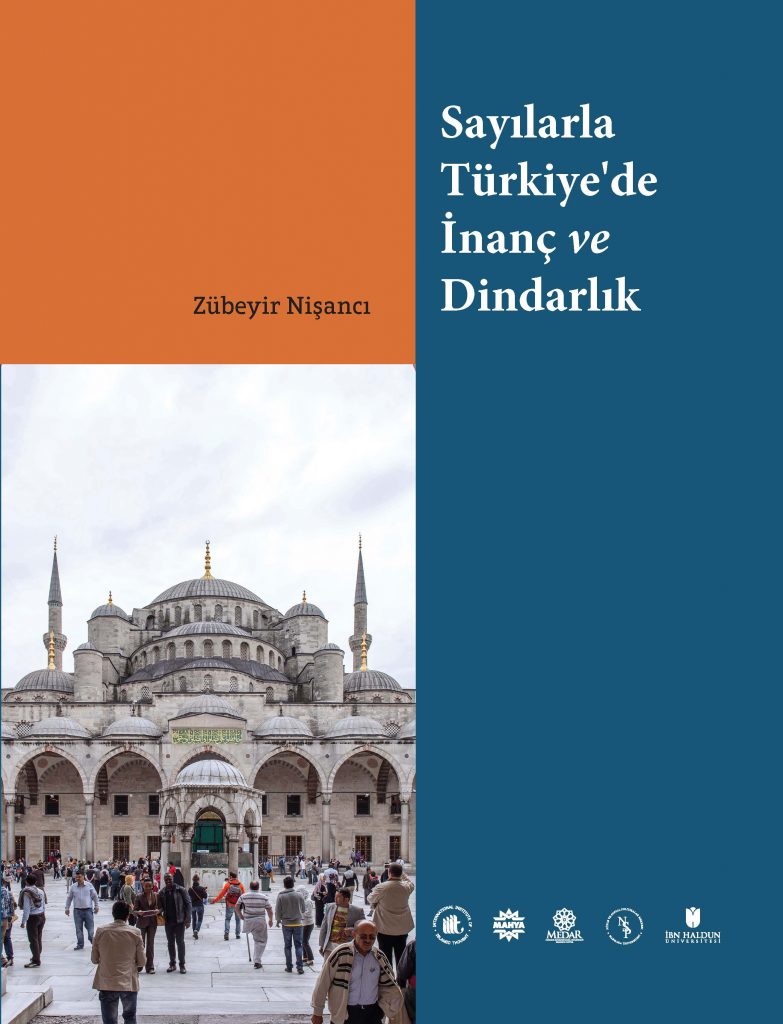
The Turkish Faith and Religiosity Survey (TFRS) was conducted between December 2021 and May 2022, with the aim of providing a comprehensive and consistent statistical understanding of the religious beliefs, attitudes, and behaviors prevalent in Türkiye. The survey was administered to a random sample of 1,942 individuals aged 18 and over in 12 regions, with representation from both rural and urban populations in proportion. The survey contained approximately 200 questions covering various dimensions of religious beliefs, attitudes, and practices, and the results are presented in the report through graphs, tables, and maps. The report provides insights into the distribution of religious beliefs and practices based on gender, age group, education level, rural-urban residence, and geographical region. The TFRS project had two main goals. The first goal was to achieve a more comprehensive and consistent methodological approach than previous studies in examining the statistical distribution of common beliefs and religious practices in Türkiye. The second goal was to evaluate the efficacy of new methods for collecting reliable data in large-scale sociological and statistical studies in Türkiye. To address the limitations of previous surveys, the TFRS survey questions were developed by the research team in consultation with academic experts, and efforts were made to avoid statements that could be perceived as challenging the participants' beliefs and attitudes, in order to minimize the likelihood of socially desirable responses. Innovative field application techniques, such as a self-administered questionnaire form, were developed to encourage participants to respond to survey questions comfortably and without pressure. The TFRS study offers the opportunity to generate novel and original statistical data on the religious beliefs, practices, and attitudes prevalent in Türkiye. The study demonstrates that highly representative data can be collected through voluntary methods, and highlights the potential of new technologies and methods, such as electronic applications and catchment area-based sampling methods, in collecting reliable data without sacrificing quality. The study also includes an online perception survey to assess the prevalence of common beliefs and practices related to religiosity throughout Türkiye, providing a comparison to the data collected in the field. The TFRS study provides important insights into the distribution of religious beliefs and practices in Türkiye, and offers valuable guidance for future large-scale sociological and statistical studies in the region. Author Bio Zübeyir Nişancı is a faculty member at Marmara University's Department of Sociology in Türkiye. He completed his Bachelor's degree in Sociology at Boğaziçi University, Türkiye, and later earned his Master's degree from Hartford Seminary in the United States, where he worked as a data analyst at the Hartford Institute for Religion Research. Dr. Nişancı received his Ph.D. degree from Loyola University Chicago's Department of Sociology, where he also taught courses such as Sociology of Religion, Introduction to Sociology, Social Problems, Global Inequalities, and Social Movements. Upon his return to Türkiye, he taught at Istanbul Şehir University's Department of Sociology before joining the faculty at Marmara University. Dr. Nişancı's research interests are diverse and include sociology of religion, quantitative methods, religious movements, civic participation, immigration, and globalization.
Paperback : ISBN: 978-1-64205-909-0 E-Book : ISBN: 978-1-64205-908-3 (6×9),2023,227pP
